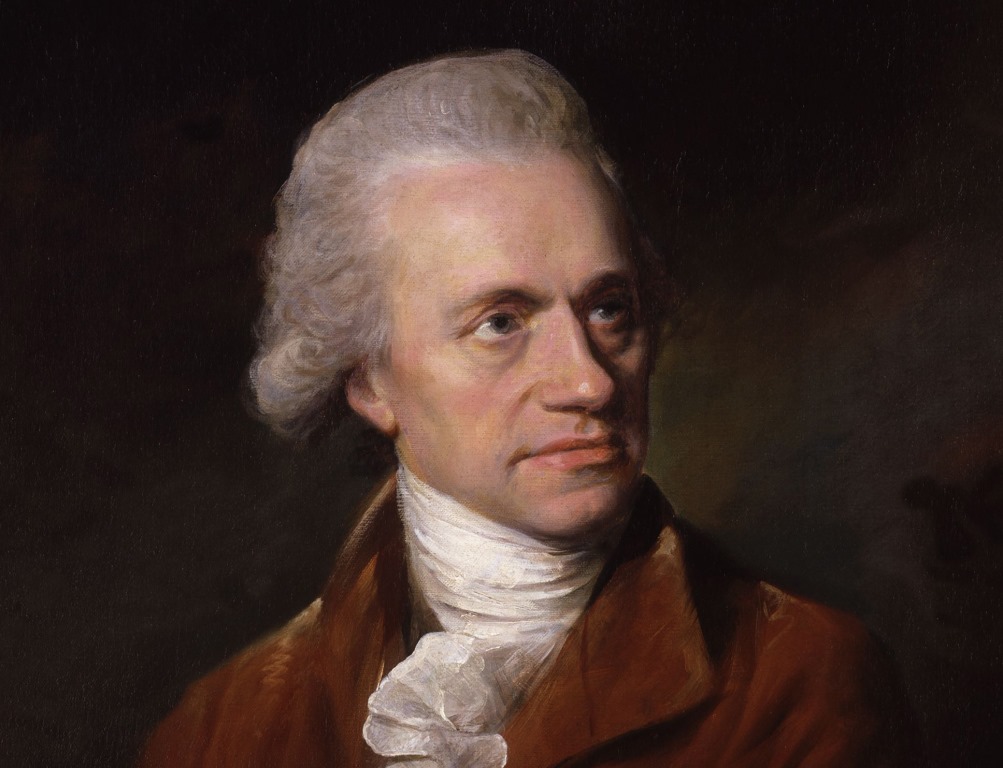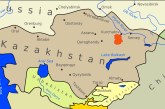
Story Highlights
- Historical event:
- 13. March 1781
- Uranus was discovered by the famous British astronomer Sir William Herschel. For this planet he chose the name "Georgium Sidus" (George's Star) - in honor of the British king George III.
On this day in 1781 the planet Uranus was discovered. The importance of this discovery was in the fact that it was the planet discovered since ancient times (thousands of years).
Namely, planets from Mercury to Jupiter were known to the ancient Egyptians and Babylonians, and probably in prehistoric times (it was apparent that they move across the sky, as opposed to standing stars).
Uranus was discovered by the famous British astronomer Sir William Herschel (by birth he was actually German, but in his youth he moved to England).
A number of curiosities is associated with the discovery of Uranus. Specifically, although on this day William Herschel realized it was not a star, but a moving body, he thought at first that it was a comet. It was only later that scientists concluded it was a planet.
Furthermore, when Herschel was given the honor to name the planet, he suggested “Georgium Sidus” (George’s Star) – in honor of the British king at the time, George III from the Hanover dynasty.
Of course, people outside the UK were not fond of that (especially Americans who had fought against George III in the War of Independence).
Eventually, the name Uranus was selected, but some British institutions used the name “Georgium Sidus” up until 1850.




